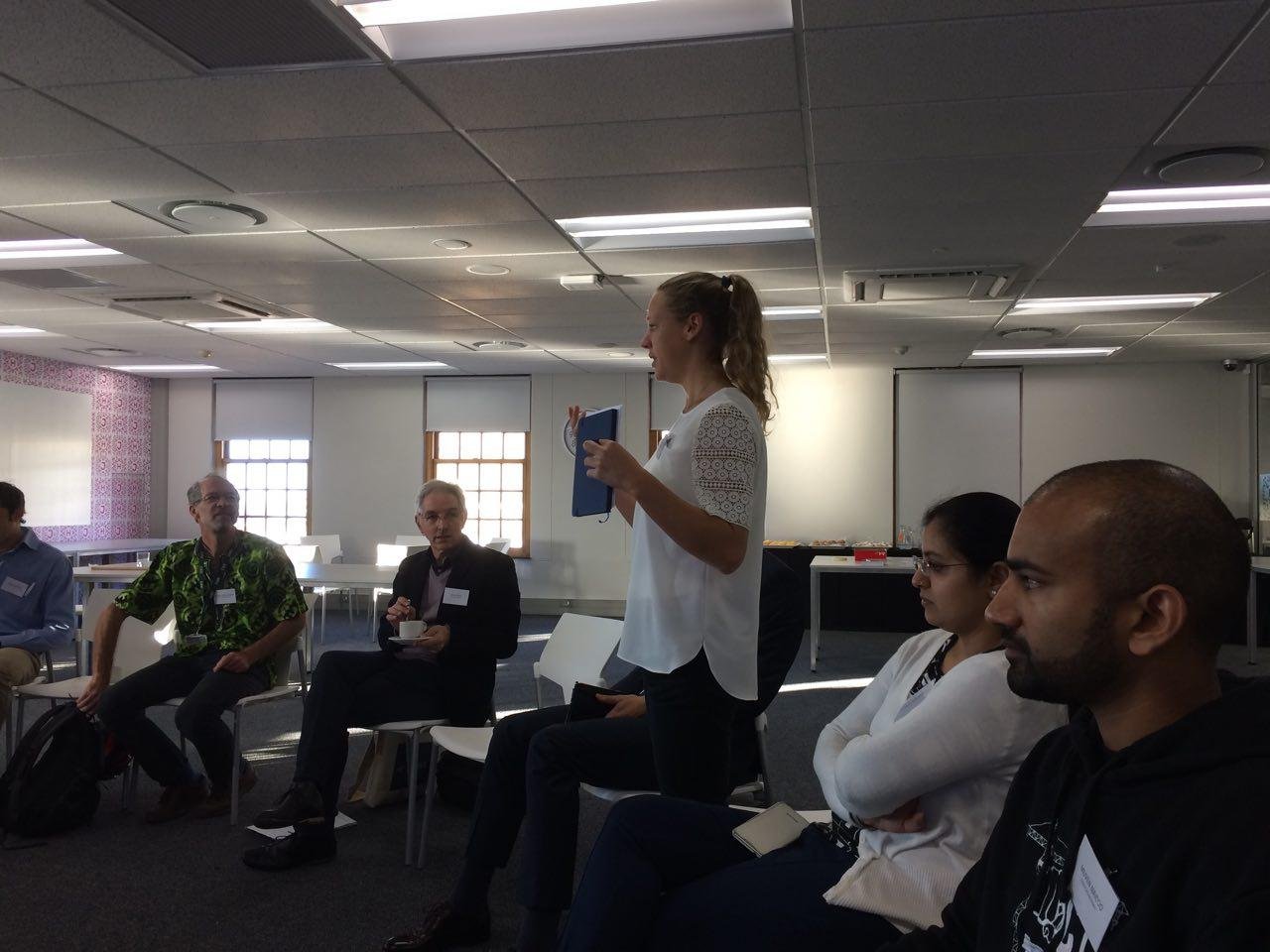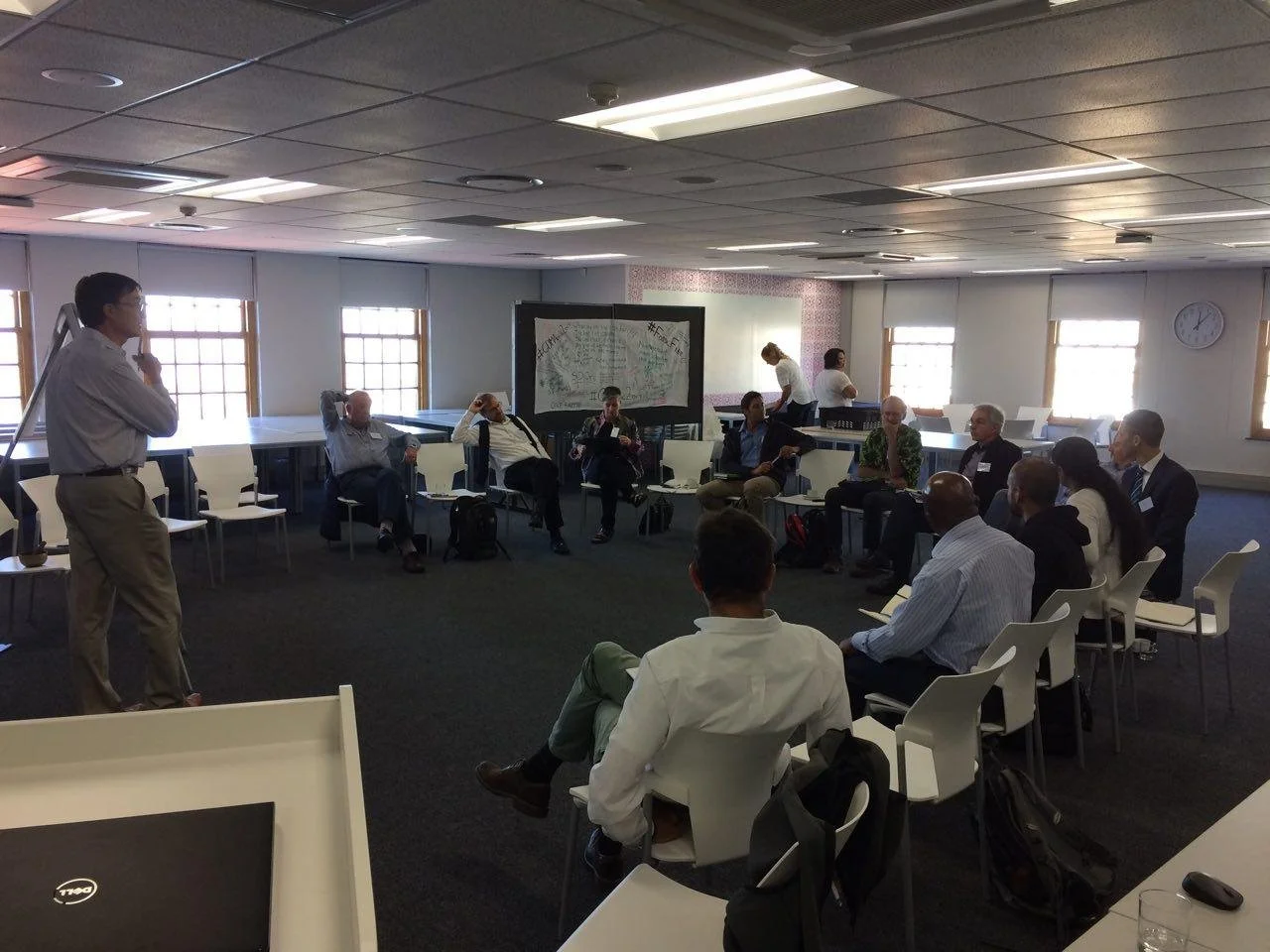UCT's divestment think tank
This is the summary of the UCT divestment think tank held on 15 May 2017 at Hlanganani Junction, UCT.
Fossil fuel divestment in itself is a strong signal that will notify internal and external communities throughout all sectors, of serious engagement with the topic of responsible investment, future development and planning and transformative action. UCT has an opportunity to send a clear signal that the institution is concerned about the wider impacts of its investments and can lead responsible investment discussion and engagement in response to the climate crisis on the African continent.
Overall, there is consensus for the soon to be appointed ‘UPRI’ team (extended name unknown) to work actively towards a low carbon, responsible investment governance structure and policy document to be adopted at the University of Cape Town in response to the climate crisis. Made up of students, staff, executive members and experts, the UPRI will advise the Joint Investment Committee’s financial decision making.
It was pointed out by Dr Max Price that the meeting was missing representatives of the ‘anti-divestment’ argument to provide opposing ideas to the conversations. The full report on this event can be read here (pdf).




